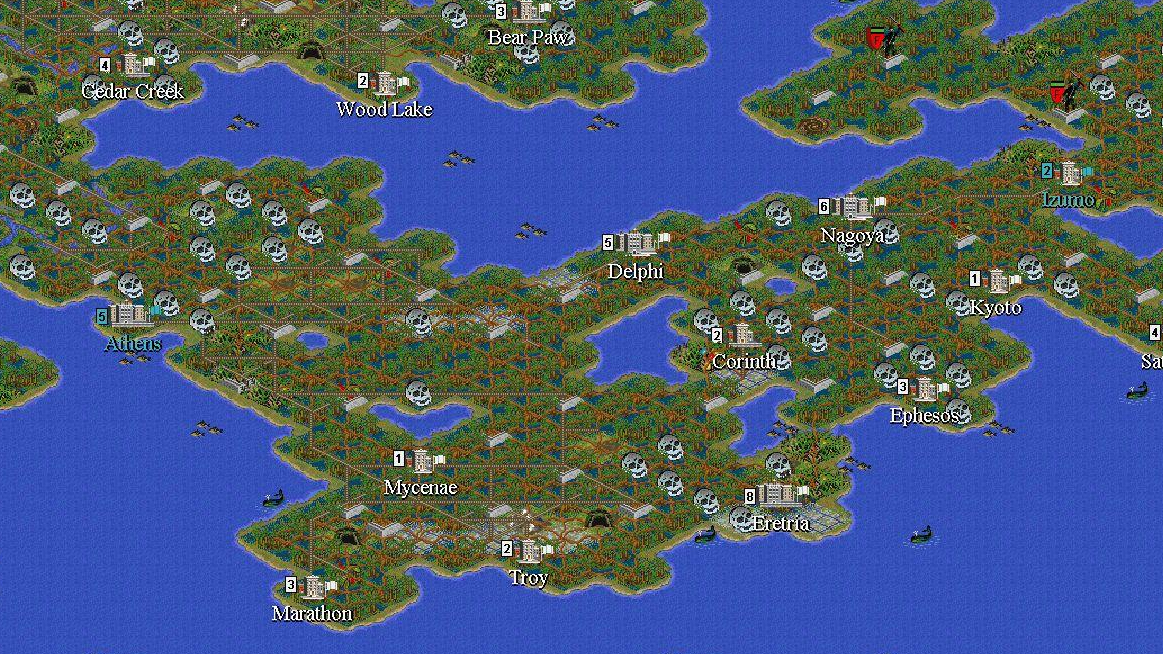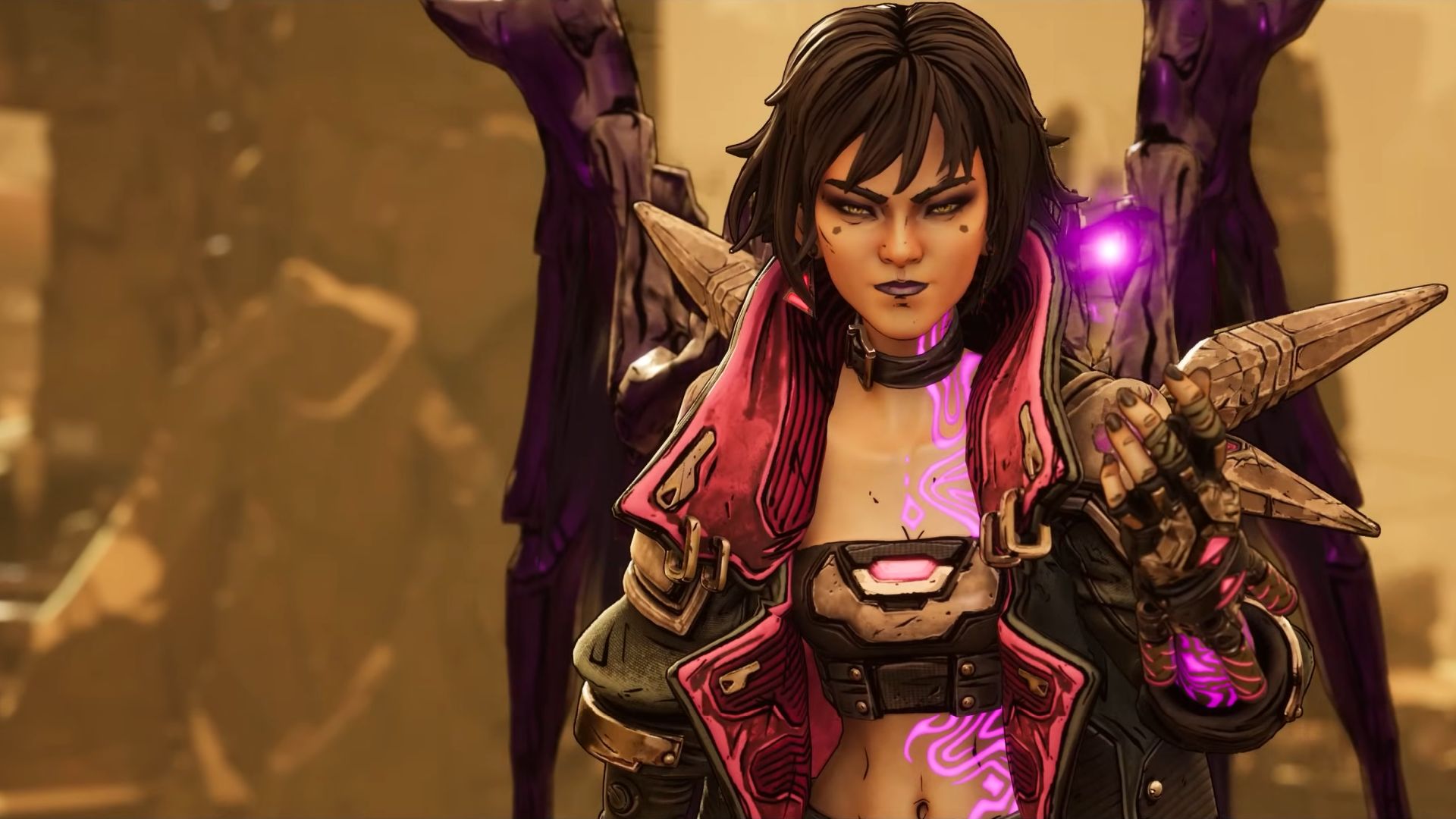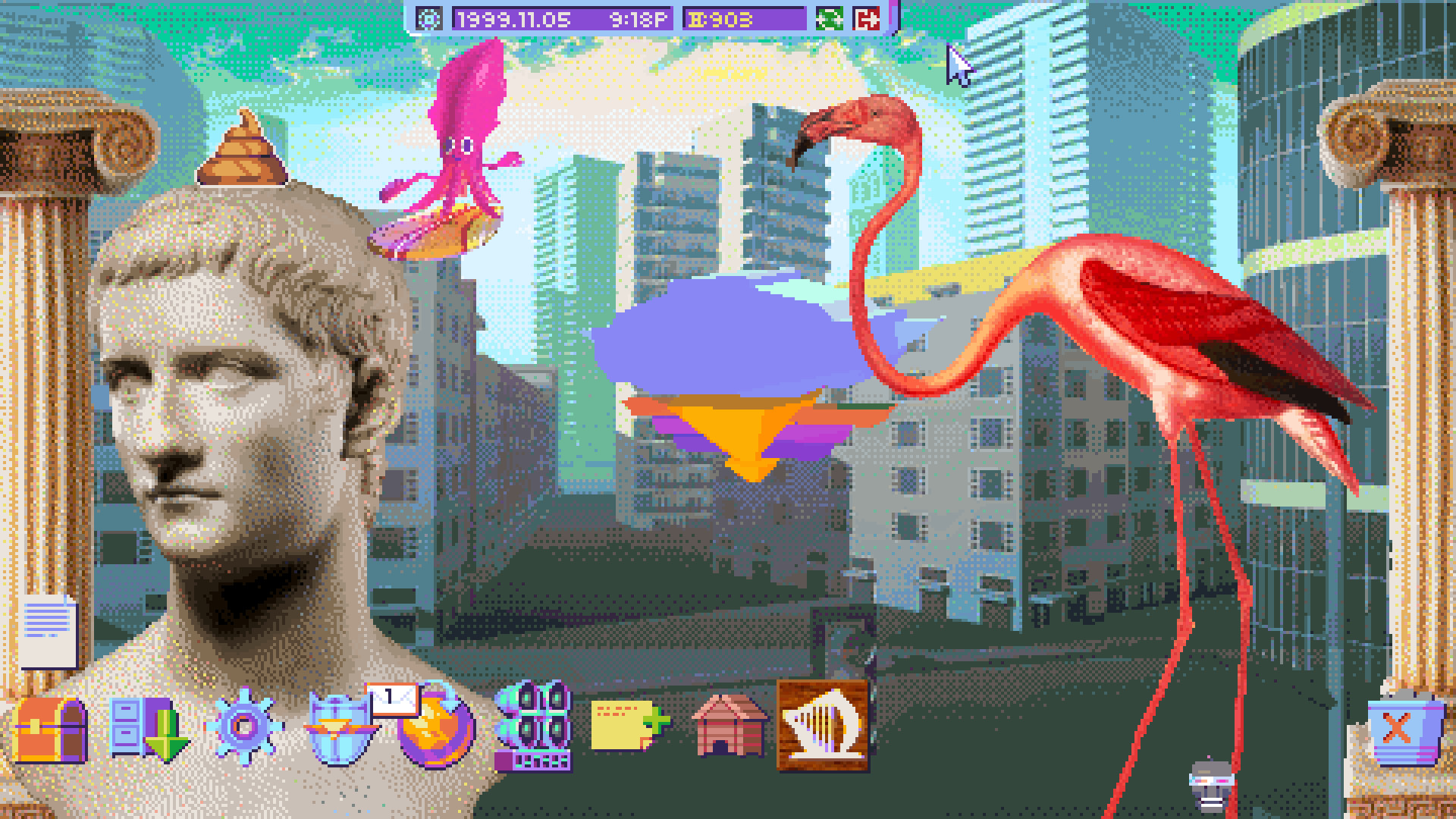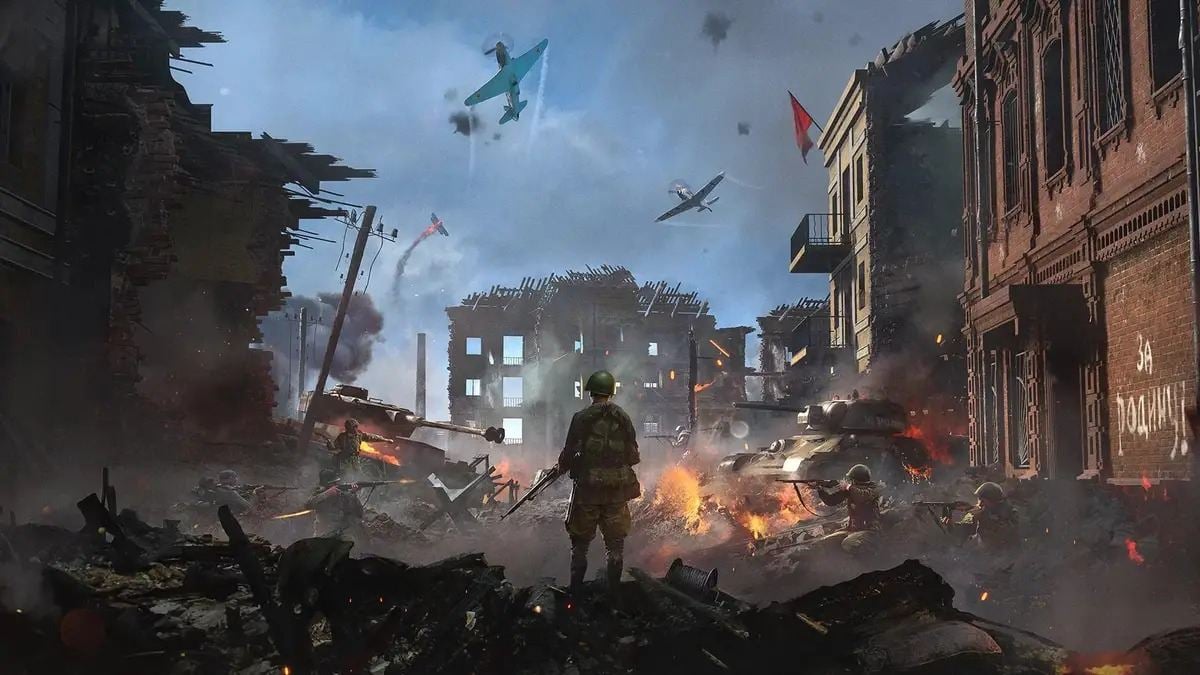
Someone once played a single game of Civilization 2 for a decade and the result was a ruined earth and endless war in 3991 AD.
When the Modern Age ends in Civilization 7, the game’s over, but it hasn’t always been that way. In previous games, you could keep playing long after a winner had been declared, a feature which led to the most famous game of Civilization ever played: Civilization 2’s “Eternal War.”
James “Lycerius” Moore spent nearly a decade playing one game of Civilization 2 off and on, pushing it as far into the future as he could. In a 2012 Reddit post, he described the world that resulted as “a hellish nightmare of suffering and devastation.”
Only three civs were still standing in 3991 AD—the Celts (Lycerius’ civ), Vikings, and Americans—and they were in constant conflict over an earth that could barely support human life.
“The ice caps have melted over 20 times (somehow) due primarily to the many nuclear wars,” Lycerius wrote. “As a result, every inch of land in the world that isn’t a mountain is inundated swamp land, useless to farming. Most of which is irradiated anyway.”
Attempts to cooperate with the other nations were futile.
“The three remaining nations have been locked in an eternal death struggle for almost 2,000 years,” said Lycerius. “Peace seems to be impossible. Every time a cease fire is signed, the Vikings will surprise attack me or the Americans the very next turn, often with nuclear weapons. Even when the UN forces a peace treaty.”
You can still read Lycerius’s original Reddit post about the The Eternal War, which spawned a whole subreddit of its own where players loaded his save and attempted to either win the war or negotiate peace, as if it were a chess puzzle. Someone managed to defeat the other civs in 58 in-game years.
In 2012, we published an interview with Lycerius in which he discussed his sudden fame (the story got quite a bit of mainstream attention) and the question of whether Civ 2’s projection of the future might have been prescient.
“I think people in general have this morbid curiosity about the world and where it’s going, and I think they saw this and just kind of latched on,” he said. “You know, it’s by no means an accurate simulation of world affairs or anything like that, it’s just a game roughly based on such things, but I think it really captured a lot of people’s imaginations.”
Over a decade later, I’m wondering if maybe Civ 2 was more accurate than we knew.
Meanwhile, Civilization 7 has launched to mostly positive reviews from critics—we said it was good, but not as good as the last two games, in our Civilization 7 review—and “Mixed” reviews from Steam users. I like it, but now that I’m thinking about Civ 2 again, I’m pining a little for the feeling of those older games.
Civ 7 feels more positive overall about humanity’s agricultural and industrial revolutions—it omits the effects of climate change, for instance, something I hope is added in an expansion as it was in Civ 6’s Gathering Storm. And though it was a little clunky from a political theory perspective, I like that your citizens in Civ 2 could revolt and temporarily replace your government with anarchy, and that corruption and waste were simulated.
If you want to play Civ 2, it’s not too hard to find a copy online, but it’s not available for sale digitally anywhere. You can still get Civ 3 on Steam and GOG, though. I don’t know whether it’d be a fruitful pursuit for Firaxis, or if any copyright snarls would block it, but I’d sure love a lightly remastered collection of Civs 1-4 someday.



